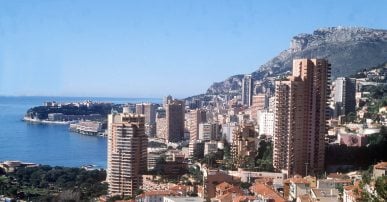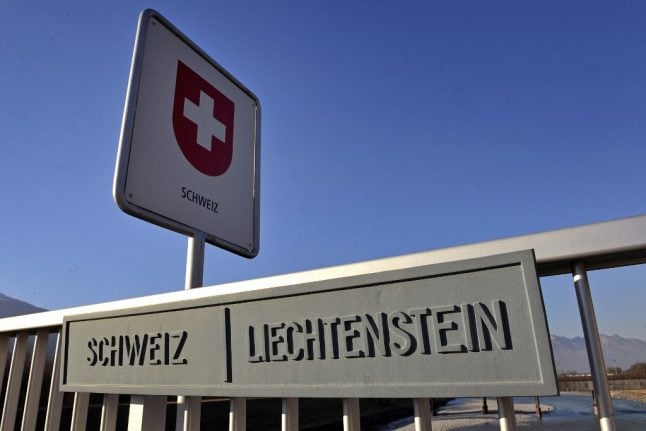The tiny principality on the Mediterranean coast said it wants to join Germany in the fight against tax evasion and money laundering. Prince Albert II of Monaco met with Merkel in Berlin on Wednesday to discuss tax-related issues. Berlin has increased pressure on tax havens like Monaco after after a recent tax evasion scandal in Liechtenstein was uncovered by German authorities.
Monaco, like Liechtenstein, has no income tax and is known as magnet for the wealthy. But Monanco’s Finance Minister Gilles Tonelli said his country won’t stand on the sidelines when it comes to fighting tax evaders – as long as there is an international data exchange that every nation agrees to acknowledge.
After Wednesday’s meeting, Etienne Franzi, President of CMB, Monaco’s banking association, said the Liechtenstein tax evasion scandal won’t effect Monaco’s financial community. “The financial market in Monaco is clean,” he said.
Franzi also said his tiny country is ready to work more closely with Germany’s Federal Criminal Police Office to combat money laundering and international terrorism, as well as willing to sign a treaty to solidify the agreement.




 Please whitelist us to continue reading.
Please whitelist us to continue reading.